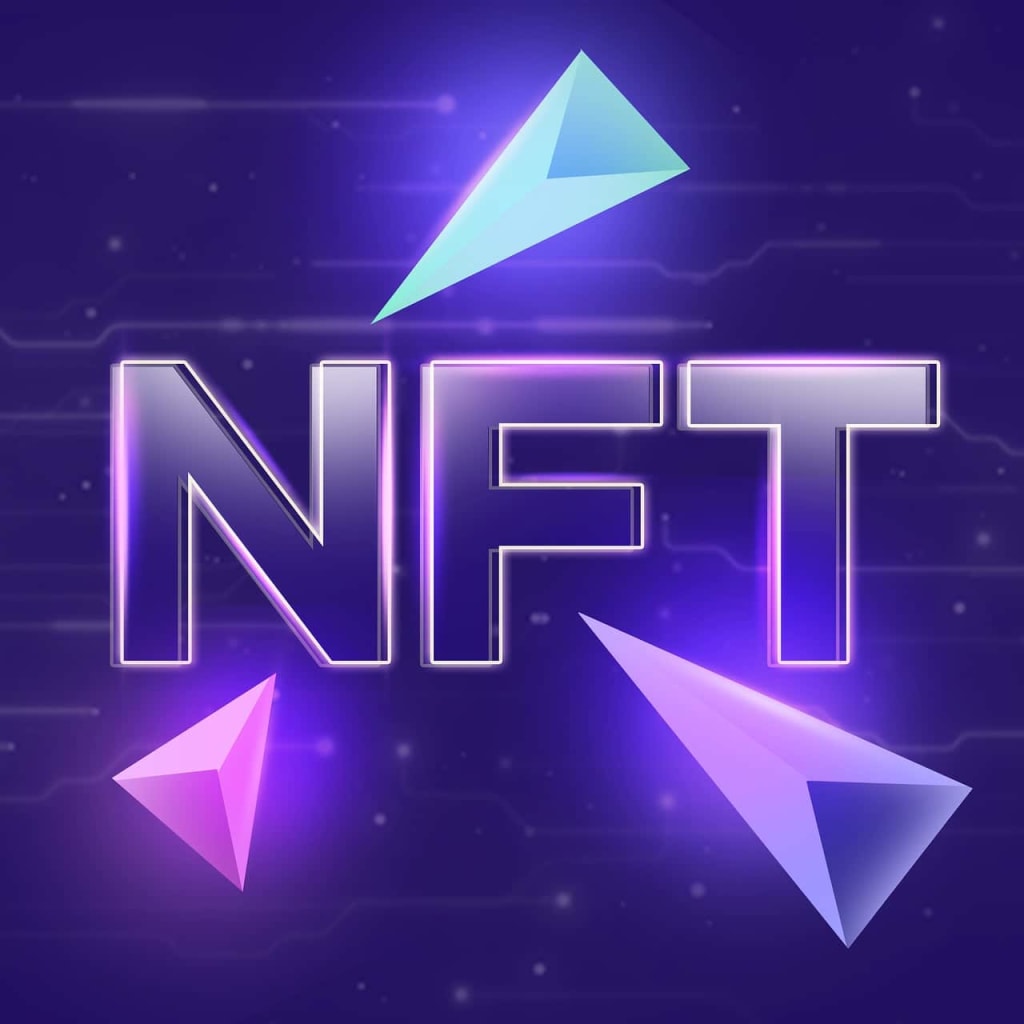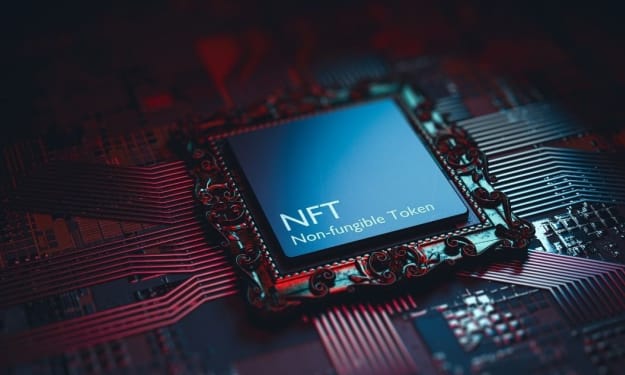Different NFTs Sold on NFT Marketplaces
Exploring the Potential of NFTs

Introduction
In recent years, the world of digital assets has witnessed a groundbreaking phenomenon known as Non-Fungible Tokens (NFTs). NFTs have gained immense popularity, revolutionizing the way we perceive and trade digital assets. This article explores the concept of NFTs sold on NFT marketplaces, delving into their significance, the process involved, and the impact they have had on various industries.
NFT Marketplaces: A Gateway to Digital Collectibles
NFT marketplaces serve as online platforms where buyers and sellers trade NFTs. These marketplaces act as intermediaries, facilitating secure transactions and providing a space for artists, creators, and collectors to showcase and monetize their digital assets. Some popular NFT marketplaces include OpenSea, Rarible, SuperRare, and NBA Top Shot.
The Process of Selling NFTs
To sell an NFT on a marketplace, the seller needs to follow a few key steps. Firstly, they must create or mint their NFT, which involves uploading the digital asset and adding relevant metadata. The seller sets a price or initiates an auction for the NFT. Once listed, potential buyers can browse the marketplace, discover the NFT, and make a purchase using cryptocurrency. Upon successful completion of the transaction, the ownership of the NFT is transferred to the buyer.
Benefits of Selling NFTs on Marketplaces
Selling NFTs on marketplaces offers numerous advantages for artists, creators, and collectors alike. Firstly, it provides a global platform with a vast audience, increasing exposure and visibility for their digital assets. Additionally, NFT marketplaces handle the technical aspects of transactions, including payment processing and smart contract execution, streamlining the selling process. Furthermore, NFT marketplaces often offer royalties to artists, ensuring ongoing revenue as their creations are resold in the future.
NFTs and the Art Industry
The emergence of NFTs has disrupted the art industry, enabling artists to explore new avenues of creativity and monetization. Traditional art forms, such as paintings and sculptures, can now be transformed into digital assets and sold as NFTs. This opens up possibilities for artists to reach a global audience, bypassing traditional art galleries and intermediaries.
NFTs provide artists with a unique opportunity to showcase their work and connect directly with collectors and art enthusiasts. The scarcity and authenticity of NFTs make them highly desirable among collectors, who are willing to invest in these digital creations. This has led to a surge in digital art sales, with some NFT artworks fetching millions of dollars in auctions.
NFTs and Gaming
NFTs have also made significant inroads into the gaming industry. They enable players to own and trade unique in-game assets, such as virtual characters, weapons, or items. This introduces a new level of ownership and scarcity in the gaming world, as players can now truly possess rare and valuable digital items.
NFTs in gaming offer players the opportunity to customize their gaming experiences and showcase their virtual possessions. They can buy, sell, and trade NFTs within gaming marketplaces, creating a vibrant economy within the virtual world. Additionally, the interoperability of NFTs allows players to transfer their digital assets between different games or platforms, further enhancing their value and utility.
NFTs and Music
The music industry has also embraced NFTs as a means of empowering artists and transforming the way music is consumed and monetized. Musicians can release limited edition songs, albums, or concert tickets as NFTs, offering fans exclusive access and ownership rights. NFTs provide a direct connection between artists and their fan base, fostering a deeper sense of engagement and support.
By selling music NFTs, artists can unlock new revenue streams and retain control over their intellectual property. They can receive a share of the profits when their NFTs are resold, ensuring a sustainable income even after the initial sale. Additionally, NFTs allow artists to experiment with innovative business models, such as offering unique experiences or merchandise as part of the NFT purchase.
NFTs and Sports
Sports memorabilia has found a new digital form through NFTs, revolutionizing the way fans collect and interact with sports-related assets. From trading cards to game-worn jerseys, NFTs provide a secure and verifiable way to authenticate and own these valuable items. Fans can engage in digital collectibles and participate in online auctions to acquire rare and iconic sports moments. NFTs offer sports organizations and athletes the opportunity to engage with their fans on a deeper level. They can create unique fan experiences, such as virtual meet-and-greets or exclusive content, which can be bundled with NFT purchases. This strengthens the connection between sports enthusiasts and their favorite teams or athletes while providing new revenue streams for the sports industry.
NFTs and Virtual Real Estate
The concept of virtual real estate has emerged with the advent of NFTs, allowing individuals to own and trade virtual land or property within digital worlds or metaverses. These virtual environments offer immersive experiences, ranging from virtual art galleries to virtual cities or social spaces. NFTs representing virtual real estate provide users with the ability to personalize and monetize their virtual presence. They can build and sell virtual properties, host events, or even establish virtual businesses within these digital realms. As virtual worlds continue to evolve, the demand for virtual real estate NFT remains strong, with individuals and organizations recognizing the potential for creativity, social interaction, and economic opportunities.
Exploring the Potential of NFTs
The world of NFTs is still in its early stages, and its full potential is yet to be realized. As more artists, creators, and industries embrace NFTs, we can expect to see further integration with augmented reality (AR), virtual reality (VR), and other immersive technologies. The concept of owning and experiencing digital assets will continue to evolve, creating new possibilities for creativity, collaboration, and economic opportunities.
Conclusion
NFTs sold on NFT marketplaces have revolutionized the way we perceive and trade digital assets. NFTs have found their place in various industries, empowering creators and offering unique experiences for collectors. NFT marketplaces serve as gateways to this digital revolution, providing a platform for sellers to showcase their creations and connect with a global audience.
About the Creator
Enjoyed the story? Support the Creator.
Subscribe for free to receive all their stories in your feed. You could also pledge your support or give them a one-off tip, letting them know you appreciate their work.





Comments
There are no comments for this story
Be the first to respond and start the conversation.